-
Longtermism: A Lot Less Rational Than It Might Seem

In What We Owe The Future, William MacAskill presents the case for longtermism, the idea that we should place much more moral weight than we do on the very long-term future. It’s an intriguing book, well and clearly written, with interesting things to say about issues as diverse as AI, the value of having children,…
-
Cognitive Science, Decision-Making and Ethics
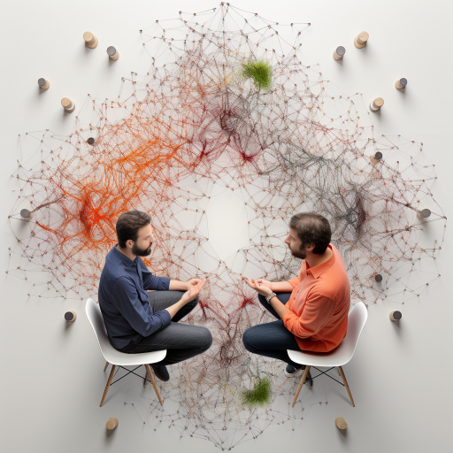
Everybody loves a good debate about the mystery of consciousness. Physicists get to invent quantum mechanical explanations of macroscopic phenomena. Humanities folk get to poo-poo the evils of reductionism. Journalists can trot out their full repertoire of both scientific and ethical cliches. Everybody gets to argue. There are good working theories of consciousness that are…
-
Words Fail Us – Language and Rationality

“Strange to wander in the mist, each is alone. No tree knows his neighbor. Each is alone.” Hesse Cognitive science can’t settle questions of right and wrong. But it can set the table for theories of rational decision-making and ethics. And the one thing we know for sure about how we think is that, at…
-
The Role of Reinforcement Learning in Transformative Decision-Making
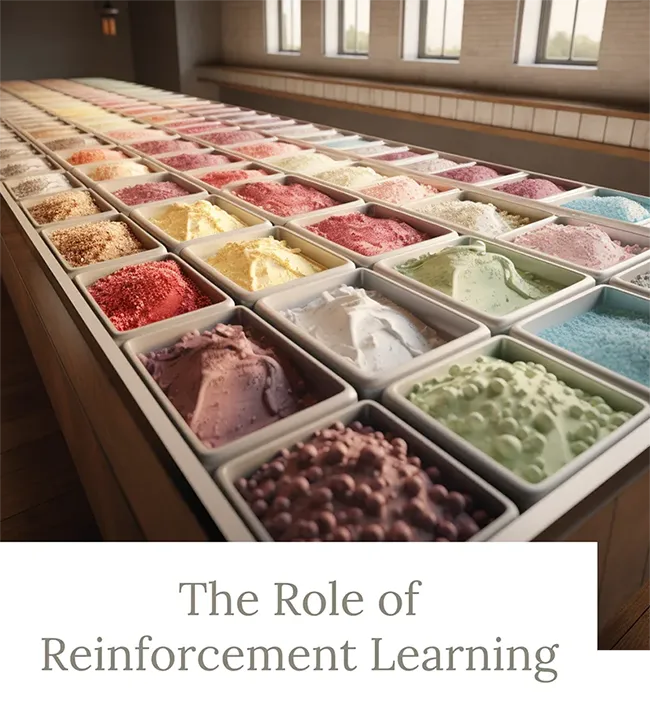
Cognitive science can’t settle questions of right and wrong. But it can set the table for theories of rational decision-making and ethics. And the one thing we know for sure about how we think is that, at the most fundamental level, our brains are connection systems that are changed by experience.This matters; transformational experiences and…
-
Problems in Cognition and the Work to be Rational (Post)
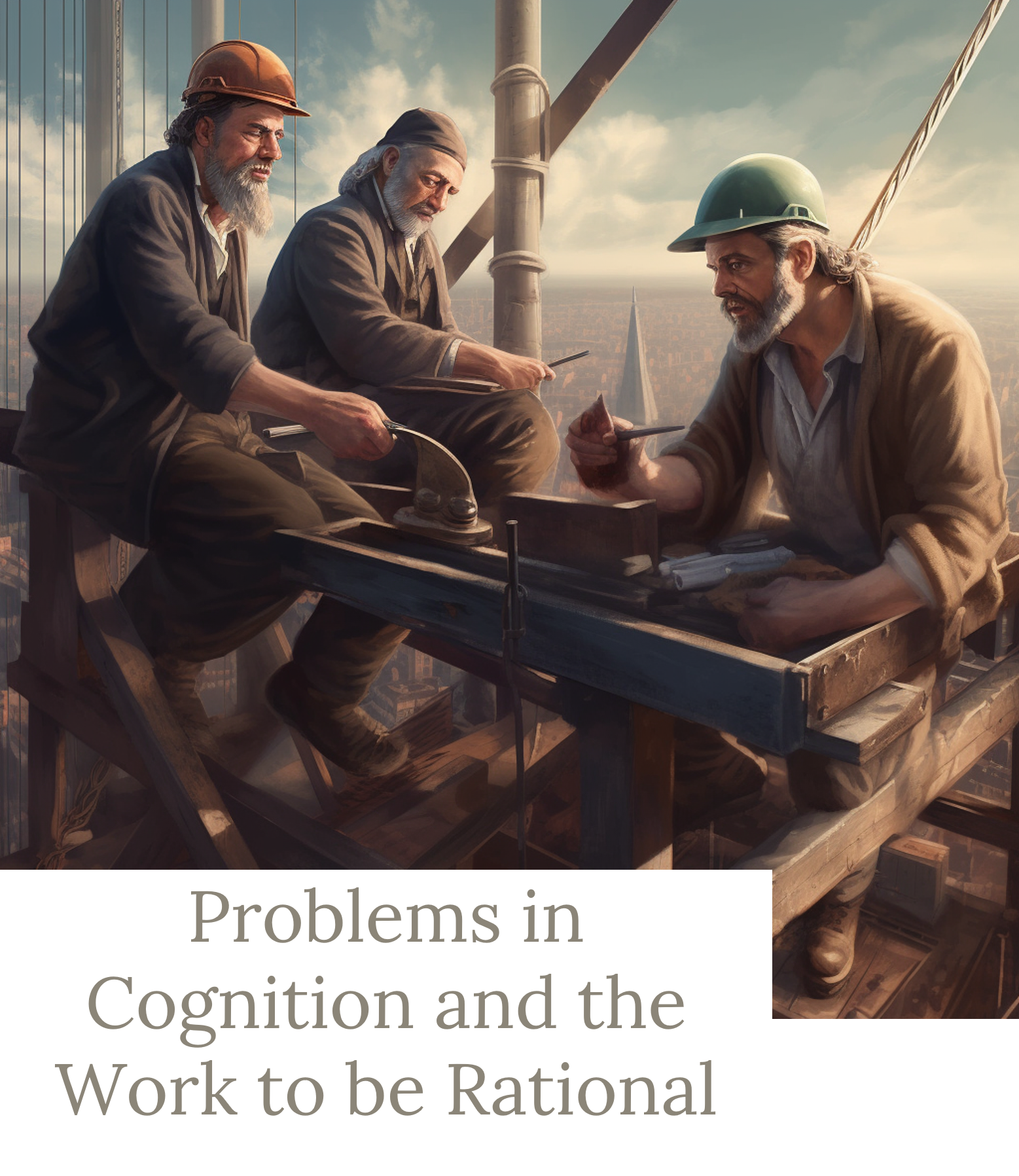
For a decision-maker, the nature of human cognition creates the challenges of transformational experience and the necessity for self-altering decisions. But the nature of connection systems also creates a series of important hurdles to both optimal decision-making in preference optimization and thoughtful decision-making around self-change. Since connection systems can do amazing things (like become unbeatable…
-
Samuel Adams Revolutionary
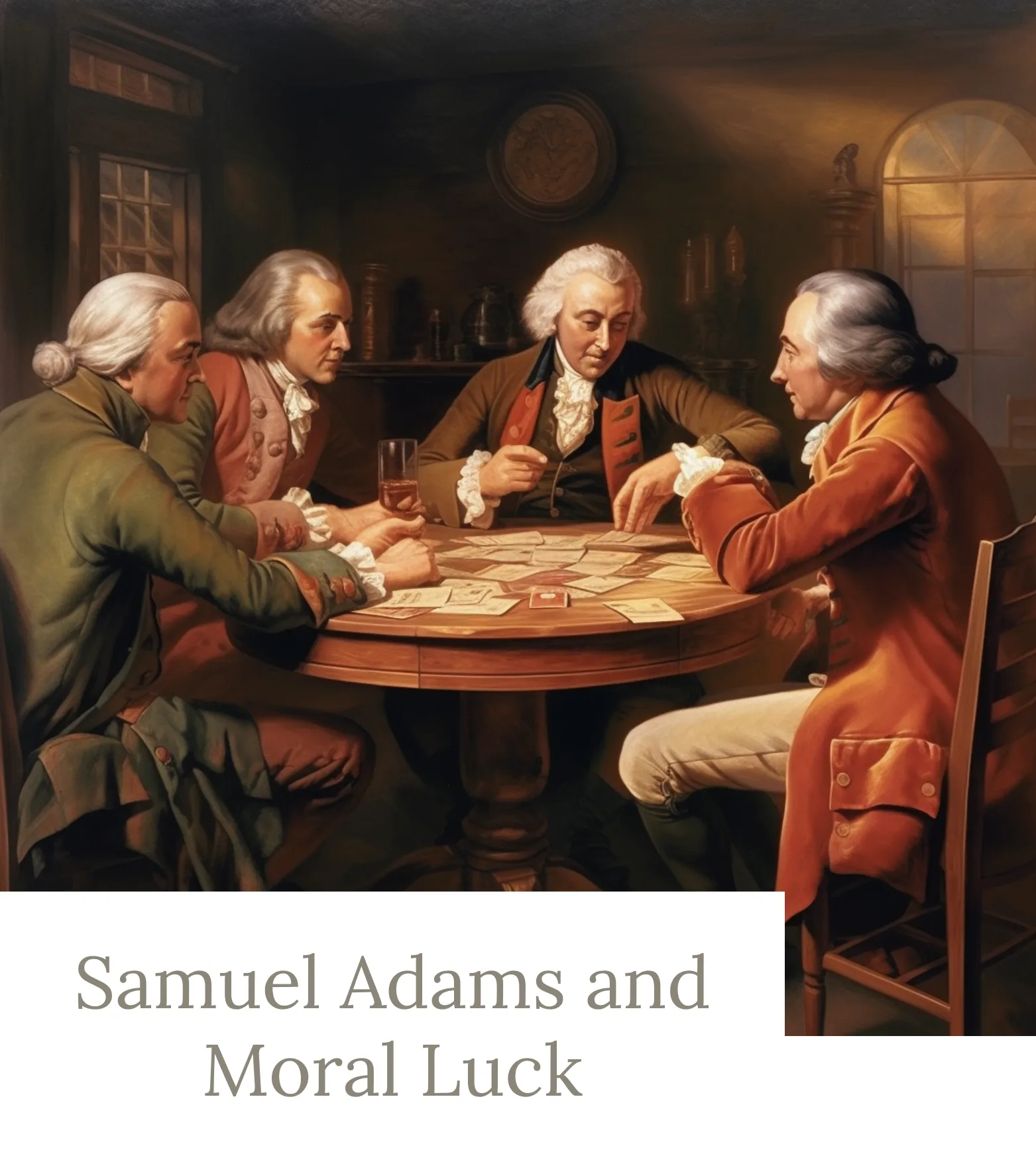
At a recent Berkeley concert featuring Daniel Hope and the Zurich Chamber Orchestra, Hope introduced Max Richter’s Four Seasons Recomposed (which formed the second half of the concert), recounting the story of the piece’s creation. Richter wrote it for Hope and when he first broached the idea, Hope says he rather flippantly asked Richter what…
-
Prediction & Cognition
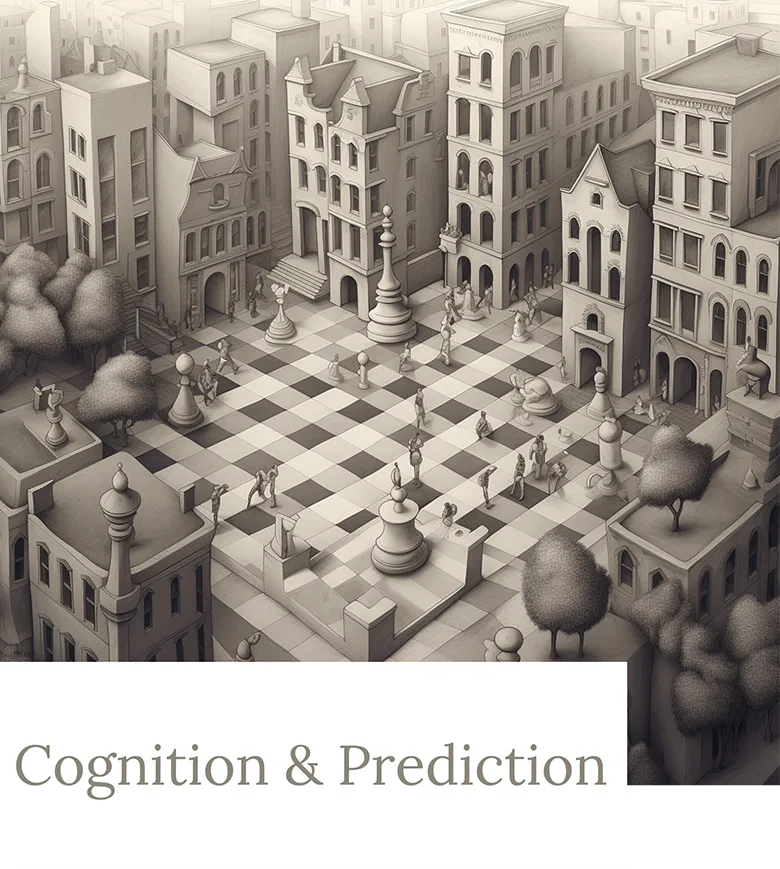
Cognitive science can’t settle questions of right and wrong. But it can set the table for theories of rational decision-making and ethics. And the one thing we know for sure about how we think is that, at the most fundamental level, our brains are connection systems that are changed by experience. This, unlike theories of…

